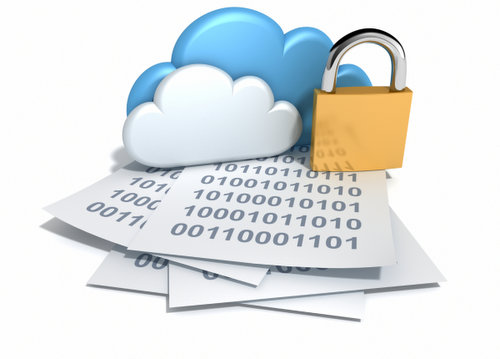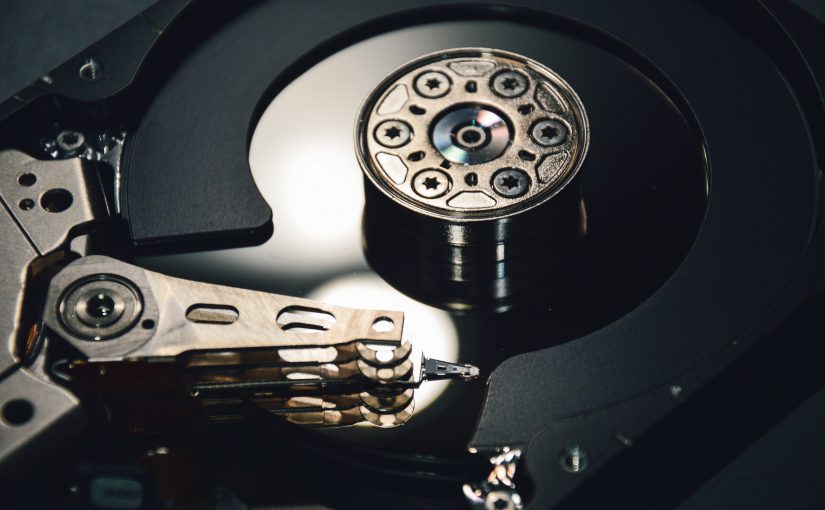Somewhere out there….
Everyone is talking about the ‘Cloud’ – which seems to be the greatest thing since sliced bread, and everyone thinks they should be making use of it, but how and for what?
Among the many possible usages of Cloud services, those that come most easily to mind are storage, backup, information sharing and email correspondence, but there are many more.
All of these share a common denominator – the storage of our own personal, corporate and/or proprietary information on some other organisation’s resources – located ‘somewhere out there’ – in the Cloud.
How secure is the Cloud?
So just how secure, and how private, is the information we store in this pervasive Cloud? Do we know where it might be, or who might have access to it, or how it might be disclosed or made available to further third parties over which we have no control?
While I’ve always been concerned about the overall security of cloud services, a particular blog post a few weeks back highlighted how available our cloud data can be. This particular post refers to Microsoft’s host email solutions Hotmail & Outlook.com, but this is not just about Microsoft – all cloud providers require the same concerns raised – and rather than reproduce this post, I encourage you to read it plus a number of the links provided.
Regardless of which cloud vendor you use, or are considering, I recommend you read carefully their provisions for security & privacy for your data. Below I’ve provided links to some to the major cloud vendors’ current statements – but do note that these are subject to regular revision.
Google: http://www.google.com/apps/intl/en-GB/trust/data_protection.html
Amazon: https://aws.amazon.com/security/
Azure: http://azure.microsoft.com/en-us/support/legal/privacy-statement/
Key points to consider
Before you go and put your private, business confidential or client confidential data out there in the Cloud, be sure you understand:
- Is your organisation subject to any professional or regulatory controls regarding location and access to your data?
- Is the loss of absolute control of your data worth the potential savings in using Cloud services over in-house systems?
- How would your clients react knowing that you store their information in the Cloud?
PASR Technologies has been providing SME business owners with a level of service and support to the SME business owner that is typically only directly available in very large organisations.






